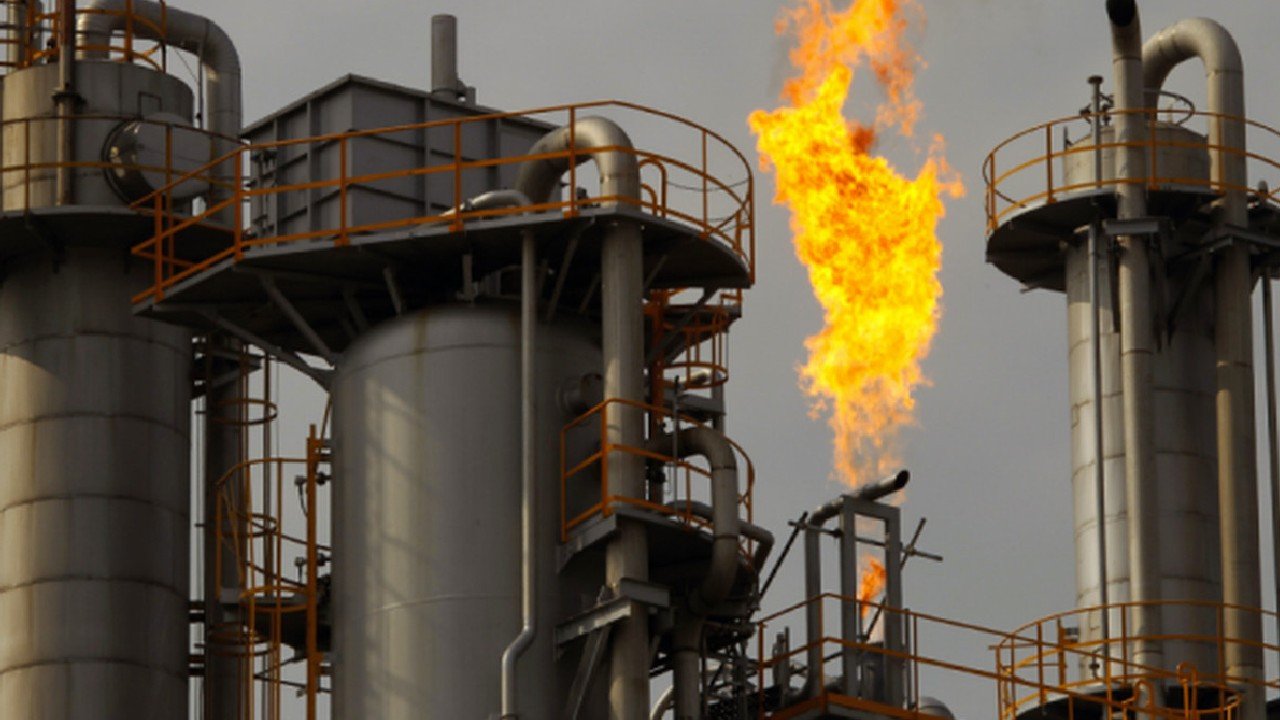
President of the European Council Charles Michel, President of the EU Commission Ursula von der Leyen and the Prime Minister of Czech Republic, Petr Fiala, held a joint press conference at the end of the informal EU Leaders’ Summit held in Prague. Michel stated that they discussed issues such as reducing demand and consumption, ensuring supply security by keeping stocks as full as possible, and reducing energy bills through practices such as ceiling prices. Emphasizing that the EU countries are in a common determination to reduce energy prices, Michel stated that they want to make progress on the measures with the meetings to be held until the EU Leaders’ Summit to be held in Brussels on 20-21 October. EU Commission President von der Leyen also stated that they discussed issues such as negotiating with reliable suppliers for affordable gas supply, how to limit prices in the gas market and reducing the influence of gas in setting electricity prices. “The Commission will come up with more detailed proposals on these issues in the coming weeks.” Von der Leyen said that EU countries are prepared for this winter.
Gas tanks are 90 percent full
Emphasizing that at the beginning of the war, the amount of gas the EU bought from Russia was 41 percent, and this decreased to 7.5 percent, von der Leyen said, “At the moment, 90 percent of the warehouses are full. So we are in good shape.” said. Von der Leyen stated that EU gas tanks will run out at the end of winter, and that it is very important for EU countries to start joint gas purchases in the spring. When asked about lowering gas prices, von der Leyen said: “This can be done in several ways. You can set a negotiated price corridor with reliable suppliers. With Norwegian companies, this work has already begun.” he said.
Energy market reform preparation
Von der Leyen explained that a comprehensive reform of energy markets is a complex process and can only be done at the beginning of next year.
aid to Ukraine
Reminding that the EU and its member states are the most important supporters of Ukraine, von der Leyen said, “Since the beginning of the war, we have provided 19 billion euros to Ukraine, excluding military aid. A further 2 billion euros of macro financial support will be released in the coming days.” he said. The EU Commission prepared a package containing various new measures in the field of energy last month. The member states agreed on measures including mandatory reduction of electricity demand against the energy crisis, limiting the earnings of low-cost electricity producers and taking contributions from fossil fuel producers. 15 EU member states, including France, Italy, Spain and Belgium, asked the EU Commission to prepare a plan to impose a ceiling price on imported natural gas. Despite this demand, the Commission did not include a ceiling price on imported natural gas in the previous package, and warned that a broad ceiling on natural gas could pose a risk to energy security. EU Commission President Ursula von der Leyen changed her approach this week. Explaining that they are working on applying a temporary ceiling price to natural gas until a new price index is developed, von der Leyen pointed out that steps can be taken regarding the price of the gas used to generate electricity. Germany, the Netherlands, Denmark and some countries do not favor the idea of capping natural gas prices at this stage. These countries, which are of the opinion that imposing a ceiling price on gas will put the energy supply security at risk, evaluate that the application may harm the natural gas supply, especially in winter.
